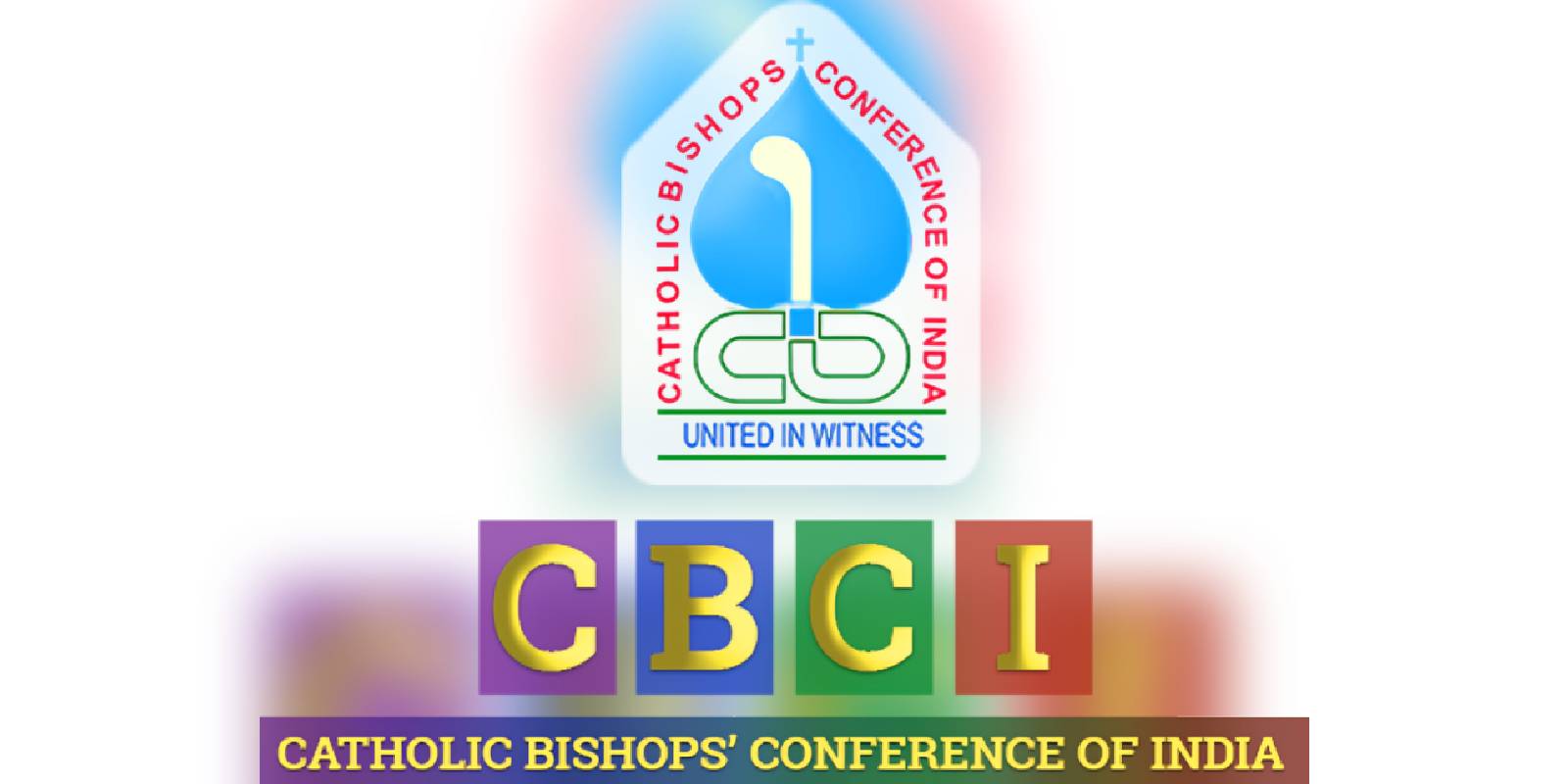The statement by the bishops reiterated that their response would be along the path of non-violence, healing, justice and reconciliation.

Catholic Bishops' Conference of India. (Official website)
The Catholic Bishops’ Conference of India (CBCI) condemned the current socio-political situation in India, the attacks against minorities, rising polarisation and unemployment.
The CBCI held its 26th general body meeting in Bengaluru from 31 January to 7 February, and was attended by 170 prelates.
Responding to the current socio-political situation in India, the CBCI, in a statement, highlighted reasons for concern. The main concern has been the attack on the pluralistic, secular ethos of India.
The statement reiterated that their response would be along the path of non-violence, healing, justice, and reconciliation.
The bishops, echoing the spirit of “Fratelli Tutti“— the third encyclical of Pope Francis, subtitled “on fraternity and social friendship”, emphasised the importance of unity and diversity within the Church, fostering a sense of communal participation and mission in response to the challenges of the modern world.
The CBCI meeting also discussed Artificial Intelligence (AI).
The statement, while acknowledging the growth of India in scientific and technological sectors, questioned the rising unemployment.
Questioning the developmental works claimed by the government, the statement stated that the “Economic development in our country seems to have benefitted only a small percentage. The rate of unemployment has vastly increased. Largescale migration has caused untold misery to many.”
The statement also threw light on the digital divide, “So also, scientific and technological development has not yet reached the majority of our people, especially in rural areas, resulting in a digital divide.”
It also raised the issue of ecological damage done to the tribal areas especially, in the garb of development.
“We feel that development is often done to the detriment of ecology. disrupting the lives, especially of our tribal brothers and sisters, many of whom are being dispossessed of their lands. We have also witnessed in anguish the sufferings of the fisherfolk in the coastal areas and the long-drawn-out struggle of the farmers,” the statement read.
The conference also raised its voice against the attacks on the Christian community, highlighting the recent violence in Manipur. The statement demanded that the fundamental rights and minority rights guaranteed in the Constitution should never be undermined.
Reiterating that the pluralistic, secular ethos has always characterised the country and its Constitution, the statement alleged that the divisive attitudes, hate speeches and fundamentalist movements are eroding the said ethos.
Highlighting the unprecedented religious polarisation which is harming the social harmony in the country and endangering democracy, the statement further said, “Attacks on Christians continue to increase in different parts of India. Destruction of homes and churches, and harassment of personnel serving in orphanages, hostels, and educational and healthcare institutions on false allegations of conversion have become common. We are appalled by the prolonged violence in Manipur resulting in the huge loss of life and livelihood.”
The statement also criticised the fourth pillar of democracy— the media, for not fulfilling its role. It claimed that the democratic institutions and the federal structure of the country are under stress.
The community has also urged political leaders across parties to make efforts to uphold the fundamental structure of the Constitution, with a focus on the Preamble.
“It emphasises India as a sovereign, socialist, secular, democratic republic dedicated to justice, liberty, equality, and fraternity,” the statement said.
The conference also urged the citizens to vote and choose their elected representatives cautiously, who would stand with the secular ethos of India.
Making clear the role in nation-building, the statement said, “We will journey together with all people of goodwill, sharing in each other’s joys and sorrows. We will conscientize the members of the Church to build bridges with their brothers and sisters of different faiths through Inter-Religious Dialogue and neighbourhoodcommunities.”
The CBCI also threw light on the growing prominence of AI and the accompanying challenges.
The statement said that, while AI holds great potential in various fields like healthcare, agriculture, education, research, engineering, recreation, and business. However, there is a risk of misuse, as these technologies can be wielded to spread hatred, violence, manipulation, and social bias.
The CBCI highlighted the need for government engagement with all stakeholders to regulate AI development, ensuring best practices and preventing abuses.
The CBCI also highlighted the danger of misusing human data collected by digital platforms and AI, impacting privacy.
It recommended organising media programmes in each diocese to educate the community on responsible digital and AI use, promoting ethical practices for responsible citizenship in the digital world

Jul 26, 2024

Jul 26, 2024

Jul 26, 2024

Jul 26, 2024

Jul 26, 2024

Jul 25, 2024